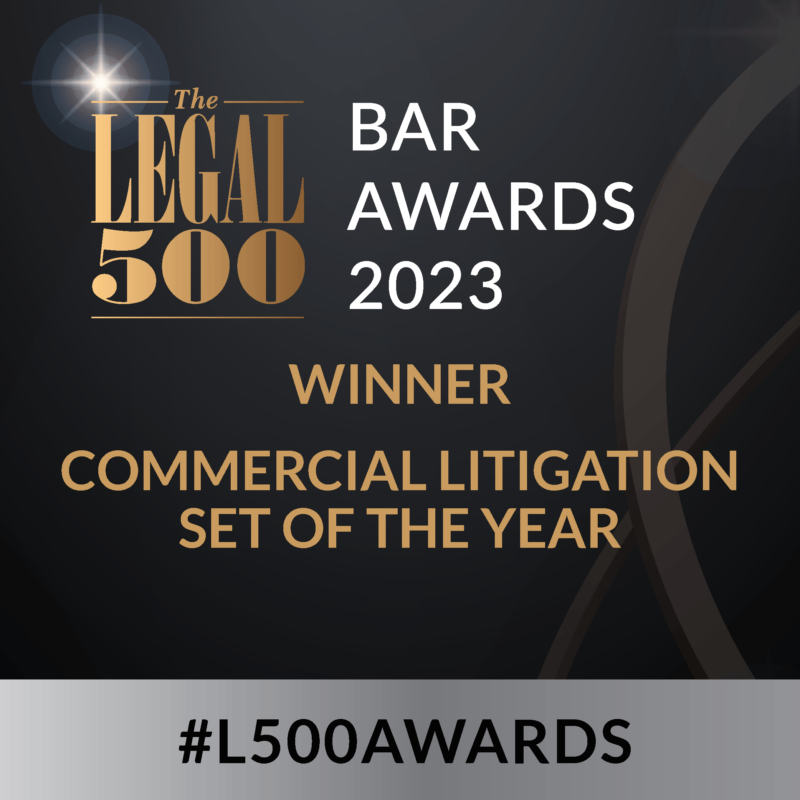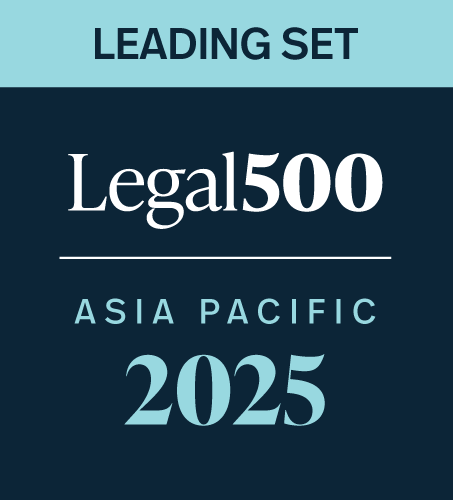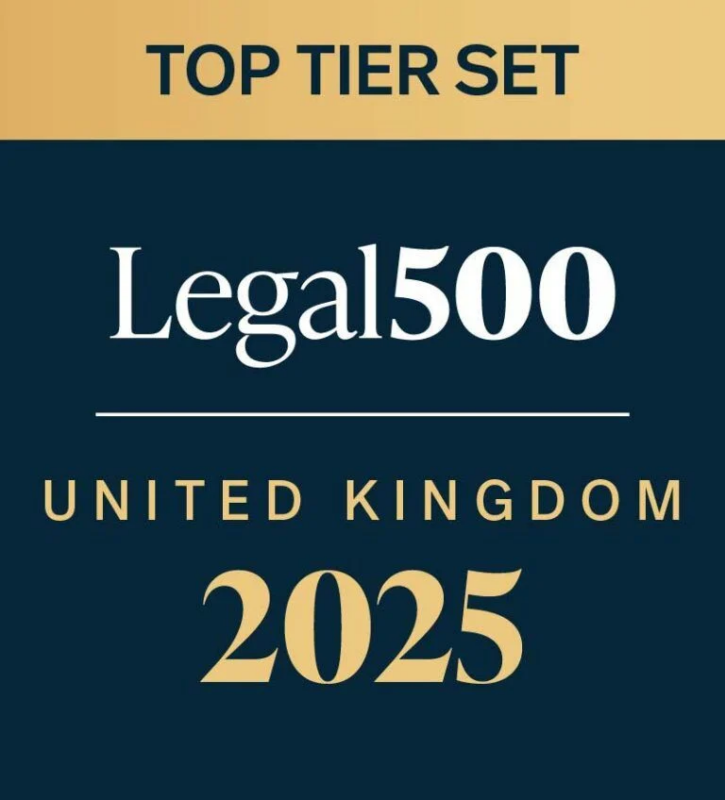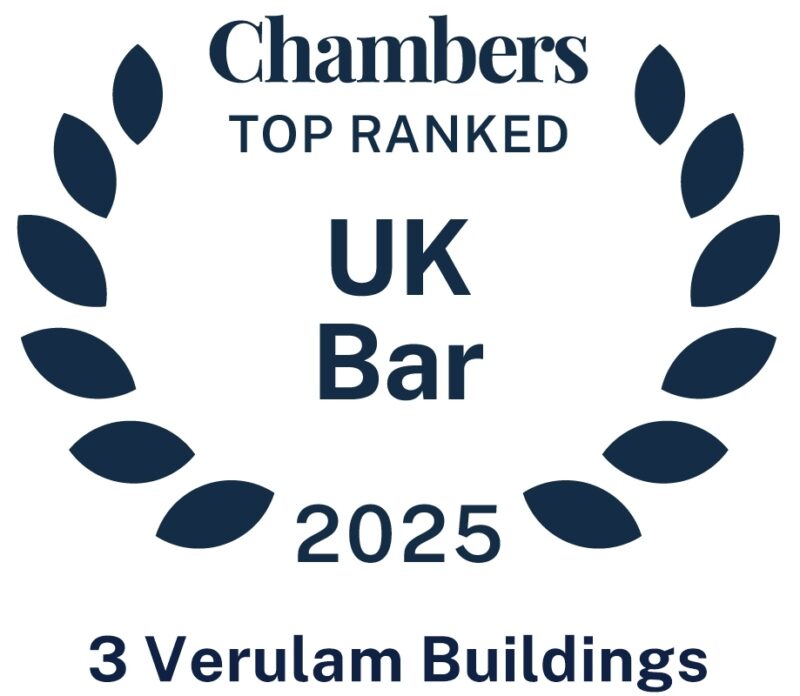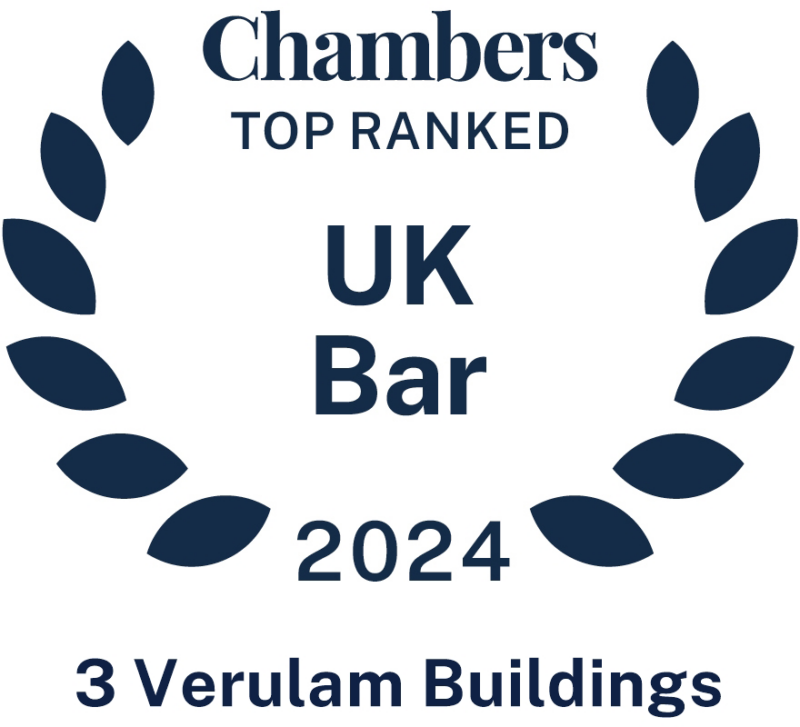Christopher Harris QC and Dominic Kennelly act on rare s.68(2)(i) challenge for admitted mistake
3VB’s Christopher Harris QC and Dominic Kennelly act in the first case directly addressing the power under s.68(2)(i) to remit an arbitral award for an admitted mistake.
On 4 December 2020, the Commercial Court handed down judgment in Doglemor Trade Ltd & Ors v Caledor Consulting Ltd & Ors [2020] EWHC 3342 (Comm), a rare case of an award being challenged under s.68(2)(i) of the Arbitration Act 1996 (“any irregularity in the conduct of the proceedings or in the award which is admitted by the tribunal …”). The decision appears to be the first challenge brought under s.68(2)(i) based on an admitted mistake in the award.
The underlying dispute concerned a claim for damages for repudiation of a call option deed conferring a right to acquire a stake in a substantial Russian business. The parties presented the tribunal with an agreed model to assist it in determining the numerical effect of resolving the large number of disputed inputs to the discounted cash flow valuation. The tribunal mistakenly added rather than subtracted one entry relating to historic tax liabilities, thereby increasing rather than decreasing the valuation of the business. On being invited to correct its award under Article 27.1 of the LCIA Rules, the tribunal admitted the error but held that the requested correction was not justified, because correcting the error without also revisiting other aspects of the valuation exercise that were potentially affected by it (as the Claimants requested) would result in a different award from that which the tribunal had intended to make, and one which was unjust.
The Claimants argued that the tribunal’s error amounted to an admitted irregularity in the award within the meaning of s.68(2)(i) which had caused substantial injustice. In upholding that argument, the court considered several novel points which appear not to have received any (or any detailed) consideration in the existing case law on the 1996 Act, namely:
- The proper scope of a challenge under s.68(2)(i). The court drew a distinction between an error of fact or law (which is not susceptible to challenge under s.68), and an error of implementation by which the tribunal fails to carry out its intentions as stated on the face of the award, which the court held can be challenged under s.68(2)(i), provided it is admitted by the tribunal. In reaching this conclusion, the court noted that s.68(2)(i) reflects the jurisdiction that had existed prior to the 1996 Act to remit awards in cases of admitted mistake.
- The scope of remission following a successful s.68 challenge, in particular whether remission should be narrowly confined to correction of the admitted error (as the Claimants contended), or whether it should extend to other parts of the tribunal’s analysis that the Defendants contended were potentially affected by the error. In answering this question, the court emphasised that an arbitration award is prima facie conclusive, and that remission should not therefore extend to issues which have been conclusively decided. However, the court accepted the Defendants’ argument that another element of the valuation exercise (namely the EBITDA margin) was potentially affected by the computational error in relation to the tax adjustment. The court therefore ordered that this aspect of the award should be remitted for reconsideration, along with the parts of the award containing the computational error itself.
- The status of a decision under Article 27.1 of the LCIA Rules declining to correct an award (which the Defendants contended was relevant to the questions of substantial injustice and scope of remission). On the one hand, the court concluded that such a decision is not part of the Award, does not contain further reasons for the Award and is not binding, and also that it cannot be used to contradict or rewrite the award. On the other hand, however, the court said that none of this means that the decision is without legal effect. In particular, the decision: (i) can be used to establish the admission required to bring the case within s.68(2)(i); and (ii) constitutes admissible evidence not only of the mistake but also its consequences for the award, which can be considered by the court in determining the challenge.
Christopher Harris QC and Dominic Kennelly acted for the Defendants, instructed by Todd Wetmore, Scott Vesel, Ryan Manton and YiKang Zhang of Three Crowns LLP. The judgment is available here.




